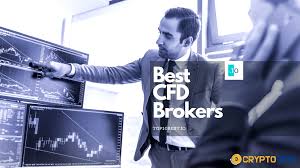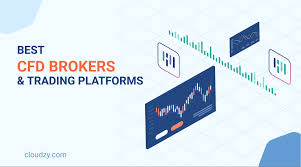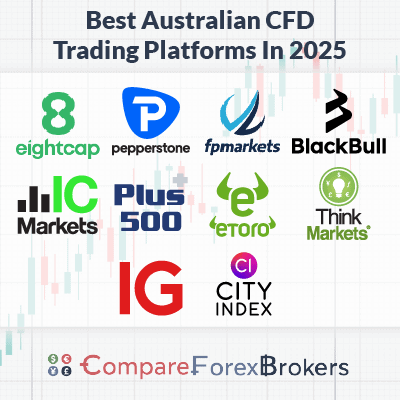
What is Best CFD Trading? Understanding Contracts for Difference
In the ever-evolving world of financial trading, Contracts for Difference (CFDs) have emerged as a popular choice among investors seeking flexibility and the potential for high returns. But with so many options available, many traders are left pondering the question: what is best CFD trading? This article aims to dissect the key elements that contribute to successful CFD trading, helping both novice and experienced traders navigate this complex landscape. For more insights, be sure to check what is best cfd trading platform bestbrokercfd.com.
Understanding Contracts For Difference (CFDs)
CFDs are financial derivatives that allow traders to speculate on the price movements of various assets without actually owning the underlying asset. This means that whether the asset price goes up or down, traders can potentially profit by buying (going long) or selling (going short) the contract. The appeal of CFDs lies in their versatility, enabling investors to trade a wide range of markets, including stocks, commodities, forex, and indices.
Advantages of CFD Trading
One of the primary reasons why CFD trading has become so popular is the multitude of advantages it offers. Let’s explore some of the key benefits:

- Leverage: CFDs are typically traded on margin, allowing traders to control large positions with a relatively small investment. This leverage can amplify potential returns, but it also comes with increased risk.
- Diverse Asset Selection: With CFDs, traders can access a variety of markets and instruments. From major global indices to exotic forex pairs, the options are vast.
- Short Selling: CFD trading allows for easy short selling. Traders can capitalize on falling markets by selling contracts and re-buying them at a lower price.
- No Physical Ownership: Since CFDs are derivatives, traders do not need to deal with the logistics of owning physical assets, making it an attractive option for those looking to trade commodities or shares.
The Risks of CFD Trading
While the potential rewards of CFD trading are enticing, it is crucial to recognize the inherent risks. Here are some important factors to consider:
- Leverage Risk: While leverage can magnify profits, it can also lead to significant losses, especially in volatile markets. Traders may lose more than their initial investment if they are not cautious.
- Market Volatility: The financial markets can be unpredictable. Rapid price swings can lead to losses, particularly for short-term traders who may need to react quickly.
- Counterparty Risk: As CFDs are not traded on an exchange, there is a risk associated with the broker. Ensuring that you select a reputable and regulated broker is essential for protecting your funds.
Choosing the Best CFD Broker
To ensure a successful and safe CFD trading experience, it is imperative to choose the right broker. Here are some criteria to consider when selecting a CFD broker:

- Regulation: Ensure that the broker is regulated by a reputable authority such as the Financial Conduct Authority (FCA) or the Australian Securities and Investments Commission (ASIC). Regulation provides a layer of security for traders.
- Trading Platforms: A user-friendly and reliable trading platform is essential. Look for brokers offering advanced charting tools, mobile trading capabilities, and seamless execution.
- Fees and Spreads: Compare the fees and spreads offered by different brokers, as these can significantly impact your profitability. Look for competitive pricing structures.
- Customer Support: Efficient customer support can make a significant difference, especially when trading issues arise. Test the support channels prior to making a decision.
Strategies for Successful CFD Trading
Once you have chosen a broker, the next step is to develop effective trading strategies. Here are some tips to enhance your CFD trading experience:
- Risk Management: Always implement risk management strategies, such as stop-loss orders, to protect your investments from significant losses.
- Stay Informed: Keep up with market news, economic indicators, and geopolitical events that may affect asset prices. Informed trading decisions often yield better results.
- Practice with a Demo Account: Before trading with real money, consider using a demo account to practice your strategies and familiarize yourself with the trading platform.
- Start Small: Begin with smaller trades to minimize risks while you gain experience. Gradually increase your position sizes as you become more confident in your trading skills.
Conclusion
In conclusion, CFD trading offers a unique opportunity for investors to engage with various financial markets and potentially profit from price movements. However, success in CFD trading requires careful consideration of the associated risks and the broker you choose. By educating yourself, employing sound risk management practices, and developing effective trading strategies, you can navigate the world of CFDs with greater confidence. Remember, while CFD trading can be lucrative, it is essential to trade responsibly and remain aware of the risks involved.